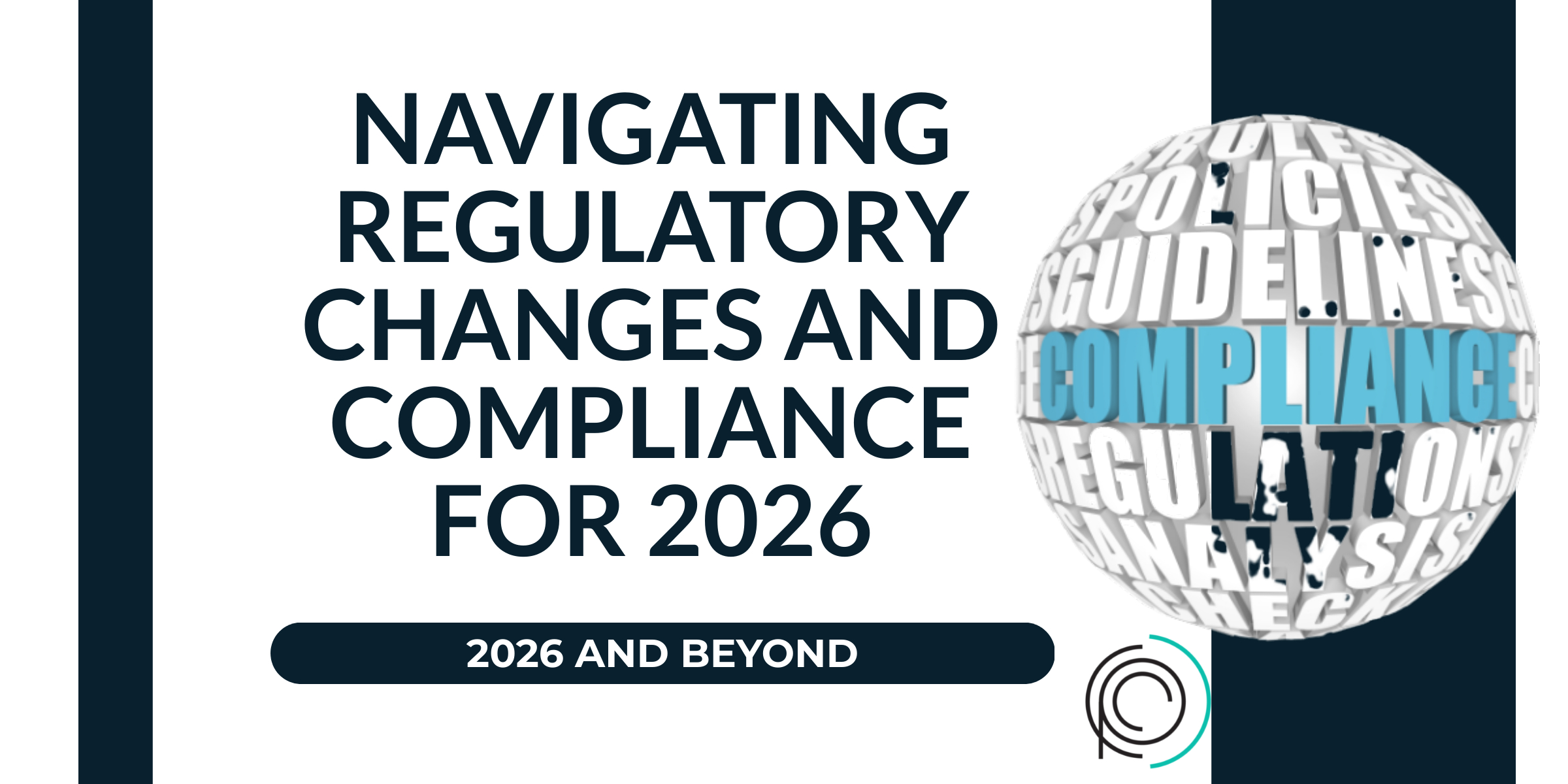Unlocking Potential: The Power of Centralized Data for Business Success
Businesses today are generating and collecting data at an unprecedented volume. To truly leverage its potential, it’s imperative that data is centralized. Many businesses, whether large corporations or small enterprises, often encounter significant challenges with data management and coordination within their organization. This typically involves issues related to limiting access to essential data and a reduction in its overall effectiveness. Such barriers can impede the flow of information, leading to inefficiencies and missed opportunities. In this detailed blog post, we will delve deeper into why centralizing your data assets is not just beneficial but crucial for your business’s success. We will explore how a unified data strategy can enhance decision-making, improve operational efficiency, and ultimately, how it can be a pivotal factor in achieving greater success in the competitive market landscape.
Centralizing your data assets saves you time and money
One of the most significant advantages of centralizing your data is the substantial savings in time and money it offers. By bringing all your data together in a single, accessible location, as highlighted on this insightful website, you ensure that everyone can access the information they need quickly and effortlessly. This accessibility dramatically reduces the hours spent by team members in the frustrating search for the right data or the unnecessary effort of recreating documents that already exist, a common issue discussed here.
Moreover, the process of transferring data between different parts of an organization is not just time-consuming but fraught with potential for errors and inefficiencies. Different formats and protocols often lead to interoperability problems between systems, complicating what should be simple transfers. A unified, central data hub addresses these issues head-on, standardizing procedures across the board. This not only eliminates the costs associated with data transfer and conversion but also simplifies the entire data management process, making it more streamlined and efficient.
Furthermore, centralizing data enhances security and governance, providing a single point of control over data access and usage. This centralized oversight means that data policies can be consistently applied and enforced, reducing the risk of data breaches and ensuring compliance with regulatory requirements.
Centralizing data assets transcends simple logistics; it represents a strategic choice yielding substantial operational efficiencies, cost reductions, and enhanced data protection. This pivotal strategy leverages technology to the maximum, positioning organizations to remain flexible, competitive, and well-equipped to tackle contemporary challenges.
Enhances Data Security
Centralizing all your data significantly improves your ability to be proactive about data security. To put it in straightforward terms, safeguarding a single, central location is vastly simpler and more efficient than trying to protect data scattered across multiple sites. This centralization offers a streamlined approach to managing data access risks, enabling better control over who has access to what information. It also encourages active user participation in maintaining the integrity, quality, and governance of data.
Moreover, in a centralized data system, companies have the advantage of implementing varied levels of access authorization. This flexibility allows for the creation of a highly secure environment tailored to different user needs, ensuring that sensitive information is accessible only to those with the necessary permissions. Such a setup not only fortifies the defense against external threats but also minimizes the risk of internal data breaches. By establishing a centralized data hub, organizations can thus significantly enhance their data security measures, providing a safer and more controlled space for data storage and retrieval.
Enhanced Collaboration & Deeper Strategic Insight
Effective collaboration within your team is significantly improved when each member has access to unified data sources, fostering a more inclusive and efficient working environment. Establishing a centralized data repository is not just about simplifying the process of working together; it’s about creating a foundation where your team can collaborate seamlessly and more productively on a wide array of critical tasks. These tasks can range from client recordings, managing invoices, and planning budgets, to compiling thorough reports and crafting impactful presentations that resonate with your audience.
By enabling a centralized platform for data access and sharing, departments like sales, finance, customer experience, and marketing can synergize their efforts more efficiently and effectively. This collaborative environment fosters a culture of transparency and collective problem-solving, which is crucial for navigating complex business challenges. It encourages open communication and the sharing of insights, which, in turn, leads to more innovative solutions and approaches to problems.
Furthermore, this integrated approach to collaboration and data management empowers your organization to make more strategic, data-driven decisions. By having a holistic view of the company’s data, you are better equipped to analyze trends, understand customer behaviors, and anticipate market changes. This greatly enhances your ability to adapt to market trends and meet customer needs proactively.
Moreover, the synergy between different departments through a centralized data system not only streamifies operational workflows but also significantly boosts your market presence. This is achieved by leveraging the collective intelligence and insights of your team, leading to more informed decision-making and the development of strategies that are more aligned with the evolving market and customer demands.
Ultimately, the establishment of a centralized data repository and the fostering of an environment that promotes seamless collaboration and strategic insight can transform how your organization operates. It leads to a more agile, responsive, and competitive business that can thrive in today’s fast-paced market, ensuring that your company not only survives but flourishes in the face of challenges.
Enhanced Business Intelligence
By centralizing your data assets, you create a single, unified source of knowledge. This consolidation of data allows businesses to embark on a comprehensive journey of understanding and analyzing their data across various dimensions. When data is centralized, it becomes significantly easier for businesses to dive deep into the analysis, providing them with the capability to gain instant insights into customer behavior, preferences, and purchasing trends.
This kind of in-depth analysis is crucial for businesses aiming to stay ahead in today’s competitive market. By strategically analyzing past, present, and future trends, businesses are not just reacting to the current market dynamics but are also forecasting future needs and preferences. This proactive approach enables companies to tailor their offerings more precisely to meet customer demands, enhancing customer satisfaction and loyalty.
Furthermore, the benefits of Enhanced Business Intelligence (EBI) extend well beyond merely grasping customer dynamics. It’s about harnessing these insights in a way that allows companies to make more informed, precise, and strategic business decisions across the board. This encompasses a wide range of departments, from data science and marketing analytics to product development and financial planning. Adopting a holistic approach ensures that decisions are not made in isolated silos. Instead, they are informed by comprehensive data analysis, integrating insights from various facets of the business. This methodology sustains the company’s effectiveness and bolsters its value proposition in the long term, making it more agile and responsive to market changes.
In essence, the adoption of Enhanced Business Intelligence practices empowers companies to not just keep pace with but also anticipate shifts in the market dynamics. This proactive approach ensures that businesses remain competitive, innovative, and relevant in an ever-evolving marketplace. By harnessing the power of centralized data and analytics, companies can unlock a treasure trove of insights. These insights pave the way for better, more strategic decision-making, enhancing operational efficiencies, and driving a stronger, more compelling market position. Ultimately, EBI acts as a cornerstone for businesses aiming to achieve sustained growth and a competitive edge, leveraging data to uncover opportunities, mitigate risks, and craft strategies that align with both current and future market demands.
Enhanced Regulatory Compliance
Centralized data management significantly reduces the risks associated with non-compliance or failing to meet regulatory standards. By centralizing your data assets, you gain improved oversight and control over your compliance protocols, facilitating a more streamlined approach to meeting regulatory requirements. Having a single source of data not only simplifies the process of auditing but also makes compliance reporting more straightforward and less prone to errors. Furthermore, leveraging a centralized database can bolster a business’s internal regulatory framework, ensuring that it not only meets but exceeds industry standards. This approach not only protects the company from potential legal and financial penalties but also builds trust with customers and partners by demonstrating a commitment to responsible data management.
In summary, centralizing your data assets isn’t just important; it’s absolutely vital for the health and growth of your business. By centralizing data, you’re not only saving significant amounts of time and money, but you’re also enhancing your data security protocols, enabling more efficient collaboration among teams, and significantly boosting your analytical capabilities to power your business intelligence efforts. In a data-centric market that is fiercely competitive, the ability for your employees to quickly locate and utilize data can be the defining factor in achieving robust growth and staying ahead of the curve.
Centralizing your data offers tremendous value not just to your company, but also to your customers. It streamlines how businesses manage and interact with their data, leading to more informed decision-making processes and improved performance. This, in turn, supports the sustained growth and increased visibility of your business in the market. Moreover, by having a centralized data system, companies can ensure that all decision-makers have access to the same, most up-to-date information, which promotes consistency in decision-making and strategy development across all levels of the organization.
Furthermore, centralized data systems facilitate a better understanding of customer behaviors and preferences, allowing businesses to tailor their offerings more effectively and enhance customer satisfaction. This can lead to increased loyalty, repeat business, and a stronger overall brand reputation.
If you recognize the need to manage your data more effectively and leverage its full potential to drive your business forward, don’t wait. Take the first step towards transforming your data management practices and unlocking new opportunities for growth. Get professional assistance today by booking a call with one of our experienced consultants. With the right guidance and strategies, you can enhance your business’s performance and secure a competitive edge in today’s data-driven world.






